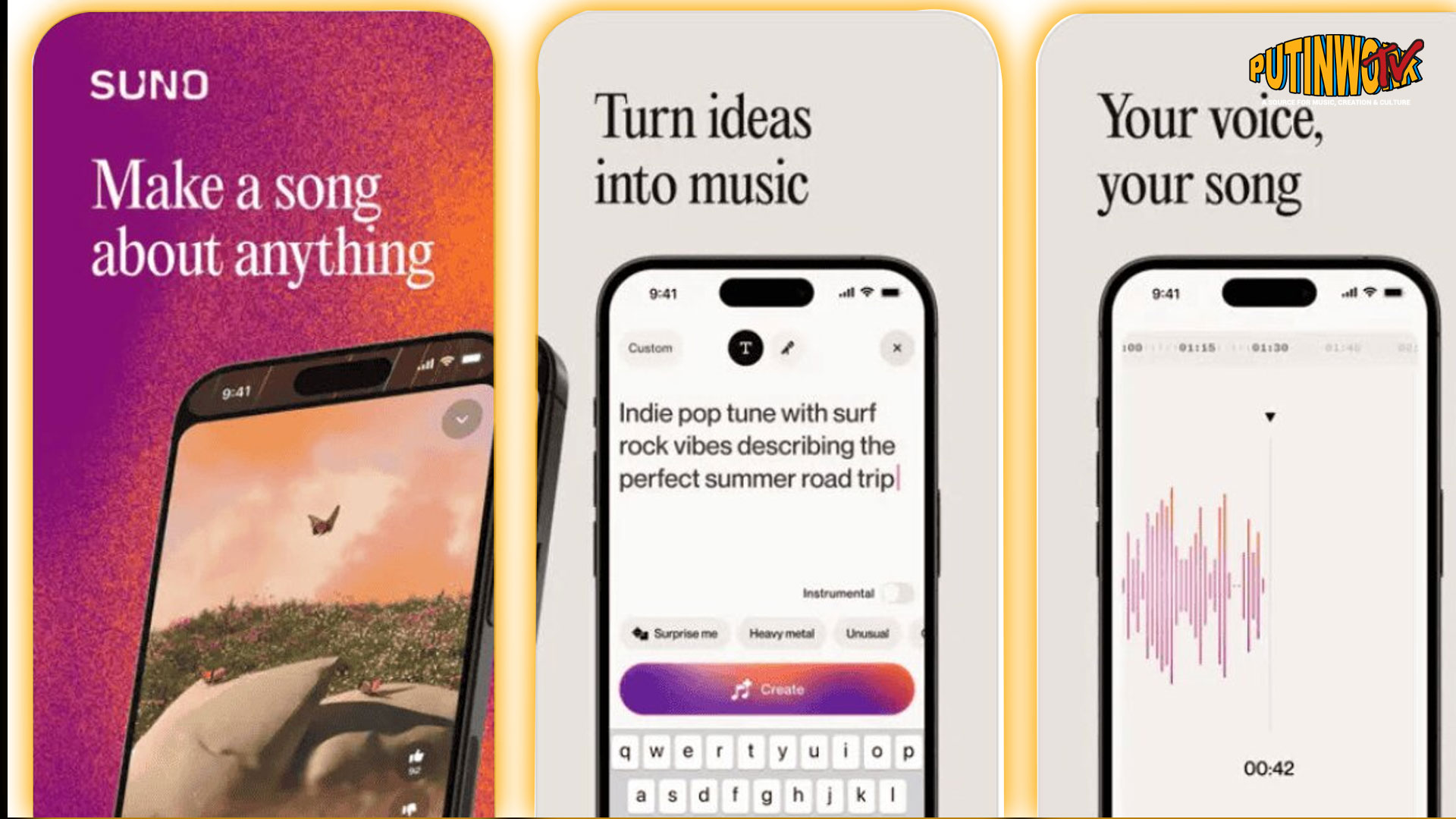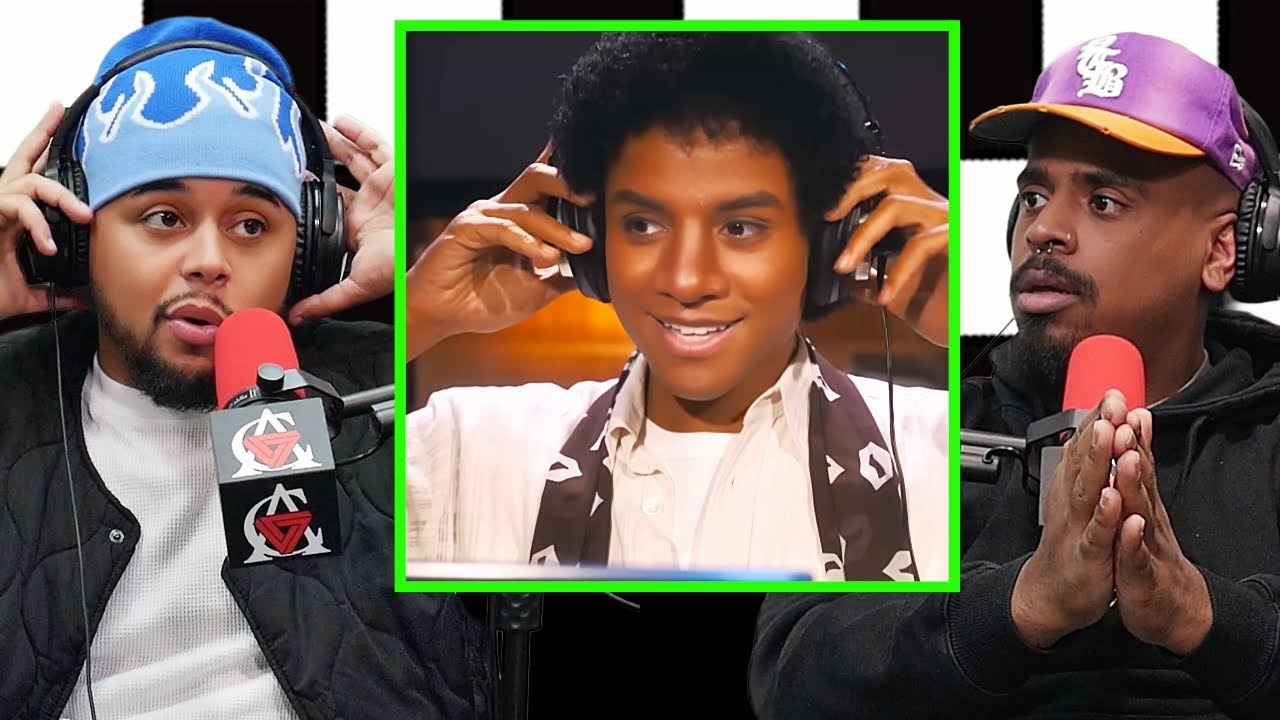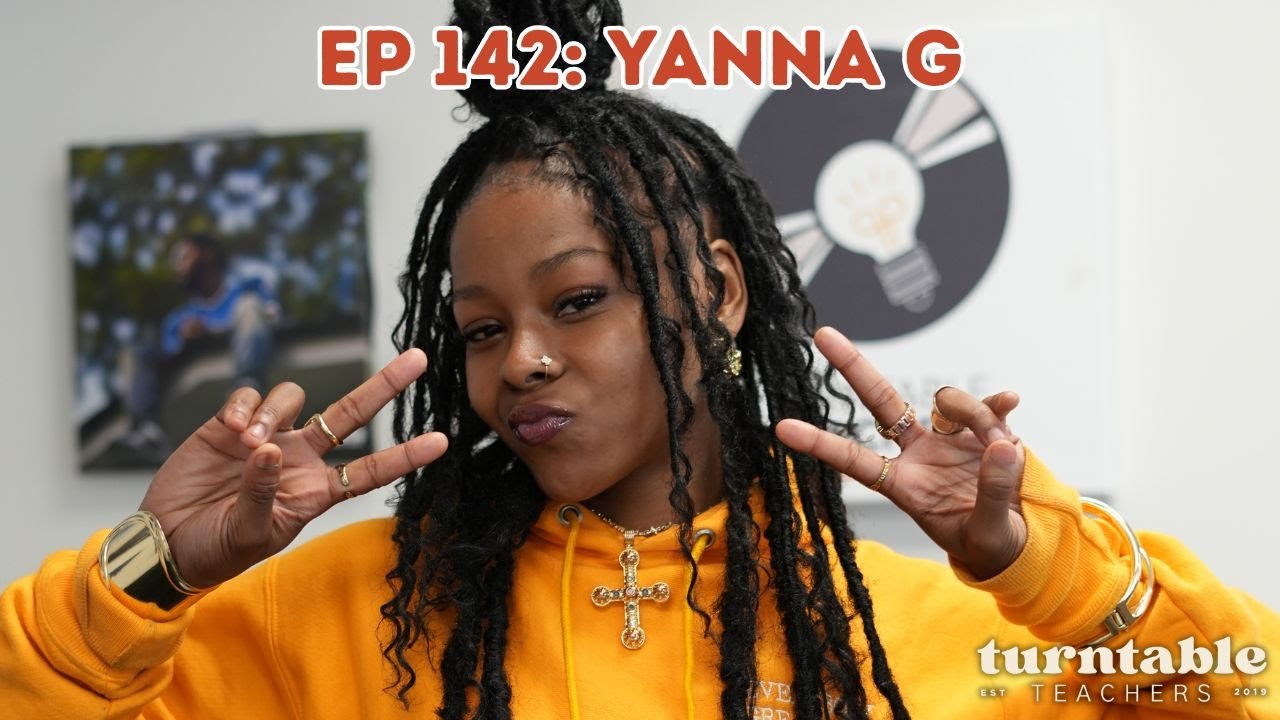After securing $125 million in a funding round that valued the company at $500 million and achieving 12 million users with 10 new AI-generated tracks produced every second, the leading text-to-music AI generator company is now facing a copyright infringement lawsuit from major music corporations.
Despite this, the Massachusetts-based company is pressing ahead with new product launches.
On Monday (July 1), Suno announced its first-ever mobile app. This app allows users to create full-length songs in minutes by inputting text descriptions and optional lyrics, making this technology accessible on smartphones.
Currently, the Suno app is only available on the Apple Store in the US, but the company plans to expand its availability worldwide and to Android devices soon.
“Suno is built for new music, new uses, and new musicians,” CEO Mikey Shulman wrote in a blog post. “We’re excited to be in your pocket whenever inspiration strikes, offering a rich set of tools for capturing it.”
However, these tools are not without controversy. Last month, Sony Music Entertainment, Universal Music Group, and Warner Music Group filed a lawsuit in US federal court, accusing Suno of using copyrighted songs without permission to train its AI.
The recording companies’ complaint warns that if AI is allowed to use copyrighted works without permission, it could flood the market with machine-generated content, undermining genuine sound recordings.
“AI companies, like all other enterprises, must abide by the laws that protect human creativity and ingenuity,” the complaint states. “There is no exemption for AI technology from copyright law.”
Despite this, US courts have not yet ruled on whether AI developers must obtain permission to use copyrighted works. AI companies argue for a “fair use” exemption, which music companies and other rights holders strongly oppose.
“Fair use is not available when the output seeks to ‘substitute’ for the work copied. And Suno has admitted that is exactly what they intend,” stated the Recording Industry Association of America (RIAA), which coordinated the lawsuit against Suno, along with another lawsuit against AI music generator Udio.
Shulman has publicly defended Suno, asserting that the company’s mission is to enable everyone to make music and that its technology generates new outputs rather than replicating existing content. He emphasized that user prompts referencing specific artists are not allowed.
Suno is well-prepared to defend against the copyright infringement allegations. Earlier this year, the company raised $125 million in a Series B funding round, backed by venture capital firms Lightspeed Ventures and Founder Collective.
Antonio Rodriguez of Matrix Partners, an early investor in Suno, mentioned in a Rolling Stone interview that they anticipated the possibility of facing copyright lawsuits, viewing it as a calculated risk.
Despite the lawsuit, Suno is continuing to expand. In May, the company announced a $1 million fund to reward creators of the most popular AI-generated tracks on its platform.














